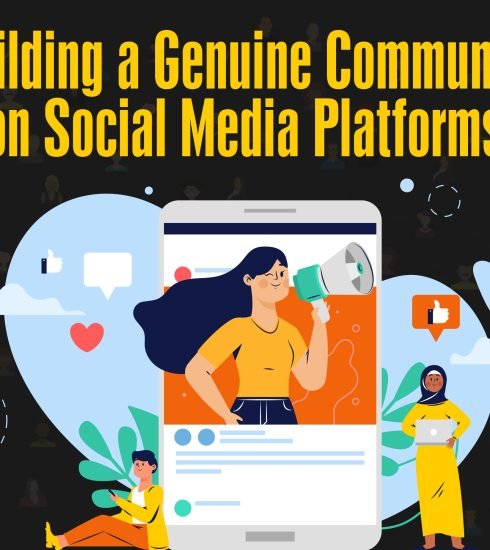The Influence of Generational Shifts on Consumer Behavior and Marketing Trends
Have you ever stopped to think about how our generation is shaping the way businesses market their products and services?
Let us start with a little background. You see, each generation brings its own set of values, preferences, and attitudes to the table. From Baby Boomers to Gen Z, we all have unique experiences that shape how we interact with brands and make purchasing decisions.
So, what exactly is changing? Well, for starters, the rise of technology has completely revolutionized the way we shop. Millennials and Gen Z have grown up in a digital world where everything is just a click away. This means that traditional marketing tactics like TV commercials and print ads do not have the same impact they once did. Instead, we are turning to social media influencers, online reviews, and personalized content to guide our purchasing decisions.
But it is not just technology that is driving these changes. Our generation is also more socially conscious than ever before. We care about issues like sustainability, diversity, and ethical sourcing, and we expect the brands we support to share our values. This has led to a rise in purpose-driven marketing campaigns that focus on making a positive impact on the world.
Of course, it is not just about what we buy, but how we buy it. Subscription services, for example, have exploded in popularity in recent years, offering convenience and flexibility to busy consumers. And let us not forget about the sharing economy, where platform like Uber have transformed the way, we travel and get around.
How Generational Shifts Impact Consumer Behavior:
Shopping Preferences: Baby Boomers and Gen Xers may prefer shopping in-store, where they can see and touch products before buying. Millennials and Gen Z, on the other hand, are more comfortable shopping online, where they can read reviews and compare prices with ease.
Brand Loyalty: Baby Boomers tend to be more brand loyal, sticking with companies they know and trust. Millennials and Gen Z, however, are more open to trying latest brands and are less influenced by traditional advertising.
Social Media Influence: Millennials and Gen Z are heavily influenced by social media when purchasing decisions. They rely on peer recommendations, user-generated content, and influencer endorsements to guide their choices.
Marketing Strategies for Different Generations:
So, how do companies adapt their marketing strategies to cater to these diverse generations?
Personalization: Tailoring marketing messages to the preferences and values of each generation is key. Baby Boomers may respond well to nostalgia and family-oriented themes, while Millennials and Gen Z prefer content that reflects their individuality and diversity.
Digital Engagement: Investing in digital marketing channels like social media, email campaigns, and influencer partnerships is crucial for reaching younger generations. Companies need to stay current with the latest trends and platforms to stay relevant.
Authenticity: Gen Xers, Millennials, and Gen Z value authenticity and transparency from brands. They appreciate companies that are honest, socially responsible, and genuine in their communications.
In conclusion, generational shifts have a profound impact on consumer behavior and marketing trends. By understanding the unique characteristics and preferences of each generation, companies can tailor their marketing strategies to effectively reach their target audience and stay ahead of the curve.
So, next time you’re scrolling through Instagram or browsing the aisles at your favorite store, take a moment to think about how your age and generational identity influence your choices. To read more, visit link









